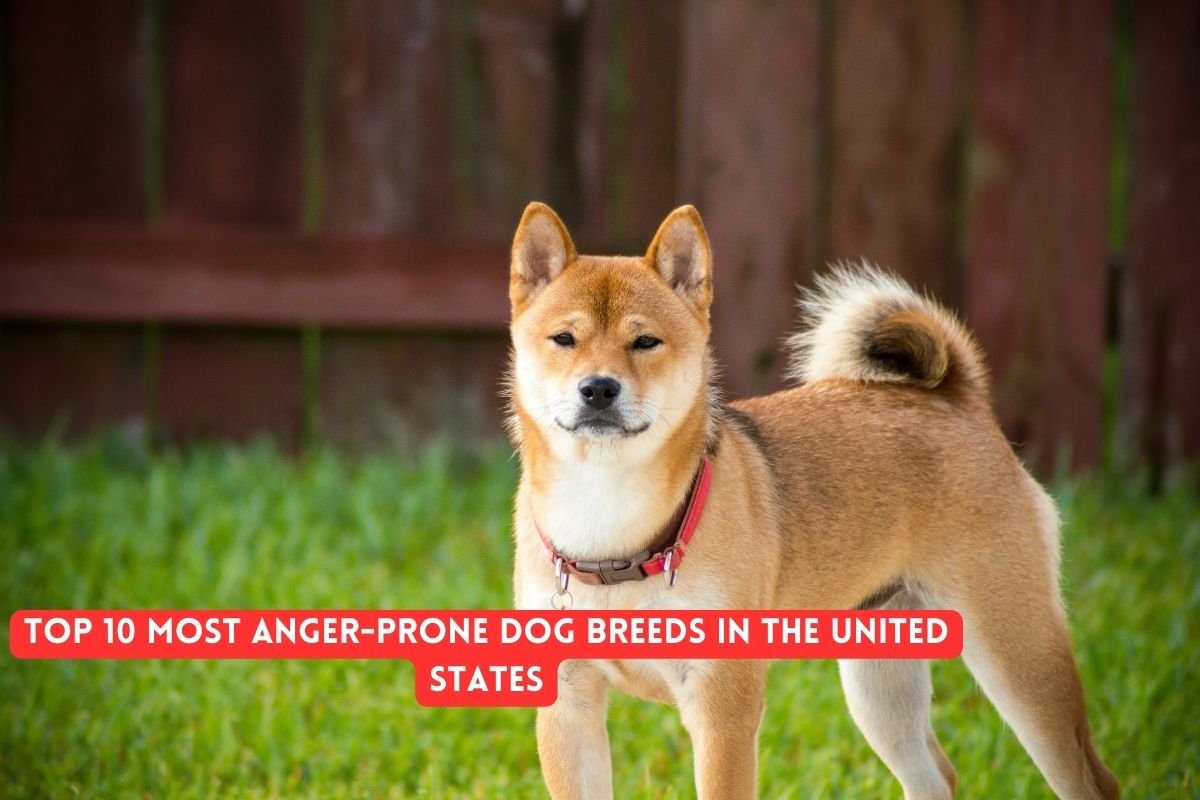Dogs are often considered man’s best friend, known for their loyalty, companionship, and love. However, not all dogs have the same temperament. Some breeds are more prone to aggressive behaviors, which can manifest as anger. This doesn’t mean these breeds are inherently bad or unlovable; rather, they require specific training, socialization, and handling to manage their temperaments effectively. Here are the top 10 most anger-prone dog breeds in the United States.
Chihuahua
Chihuahuas, despite their small size, are known for their feisty nature. Their aggression often stems from their desire to protect their territory and their human companions. They can be snappy and defensive, especially if they feel threatened or provoked.
Dachshund
Originally bred for hunting, Dachshunds are courageous and can be quite stubborn. They might show aggression towards strangers and other animals, especially if not properly socialized from a young age.
Jack Russell Terrier
Jack Russells are energetic and intelligent, traits that can sometimes lead to frustration if they are not mentally and physically stimulated. Their high energy levels can contribute to aggressive behaviors, particularly towards other animals.
Doberman Pinscher
Dobermans are known for their loyalty and protective nature. This can sometimes translate into aggression, especially if they perceive a threat to their family. Proper training and socialization are crucial for this breed.
Rottweiler
Rottweilers are powerful dogs with a natural guarding instinct. While they can be gentle and affectionate, they also have the potential for aggressive behavior if they are not trained and socialized correctly.
Chow Chow
Chow Chows are known for their independent and aloof nature. They can be quite territorial and may show aggression towards strangers or other dogs. Early socialization and consistent training are essential to manage their temperamental traits.
Akita
Akitas are strong, powerful dogs with a history of being used for guarding and hunting. They are typically aloof with strangers and can be aggressive if they feel their territory is being encroached upon.
American Pit Bull Terrier
Pit Bulls have a reputation for aggression, partly due to their history and misuse by some owners. However, with proper training and socialization, they can be friendly and loving. Their potential for aggression often arises from mistreatment or lack of training.
Pekingese
Pekingese dogs are small but can be very territorial and possessive of their owners. Their aggressive tendencies are usually directed towards other animals and strangers. Early socialization is key to managing their behavior.
Cocker Spaniel
Cocker Spaniels might not immediately come to mind when thinking of aggressive breeds, but they can develop a condition known as “Cocker Rage Syndrome.” This rare disorder can cause sudden, intense aggression. Consistent training and monitoring are crucial for this breed.
Conclusion
While certain dog breeds may have a higher propensity for anger and aggression, it’s essential to remember that individual temperament can vary significantly within a breed. Factors such as training, socialization, environment, and treatment by their owners play critical roles in shaping a dog’s behavior. With responsible ownership, any dog breed can be a loving and well-behaved companion.
FAQs
Are anger-prone dog breeds dangerous?
Aggressive behaviors can be managed with proper training and socialization, making these breeds safe and well-behaved.
Can training eliminate aggression in dogs?
Training can significantly reduce aggressive tendencies, but it may not eliminate them entirely. Consistent, positive reinforcement is key.
Are smaller dogs more aggressive than larger dogs?
Aggression can occur in both small and large breeds. Smaller dogs may exhibit more defensive aggression due to their size.
How can I socialize my dog to prevent aggression?
Expose your dog to various people, animals, and environments from a young age. Positive experiences can help reduce fear and aggression.
What should I do if my dog shows signs of aggression?
Consult a professional dog trainer or behaviorist. Addressing aggressive behavior early is crucial to prevent it from escalating.
